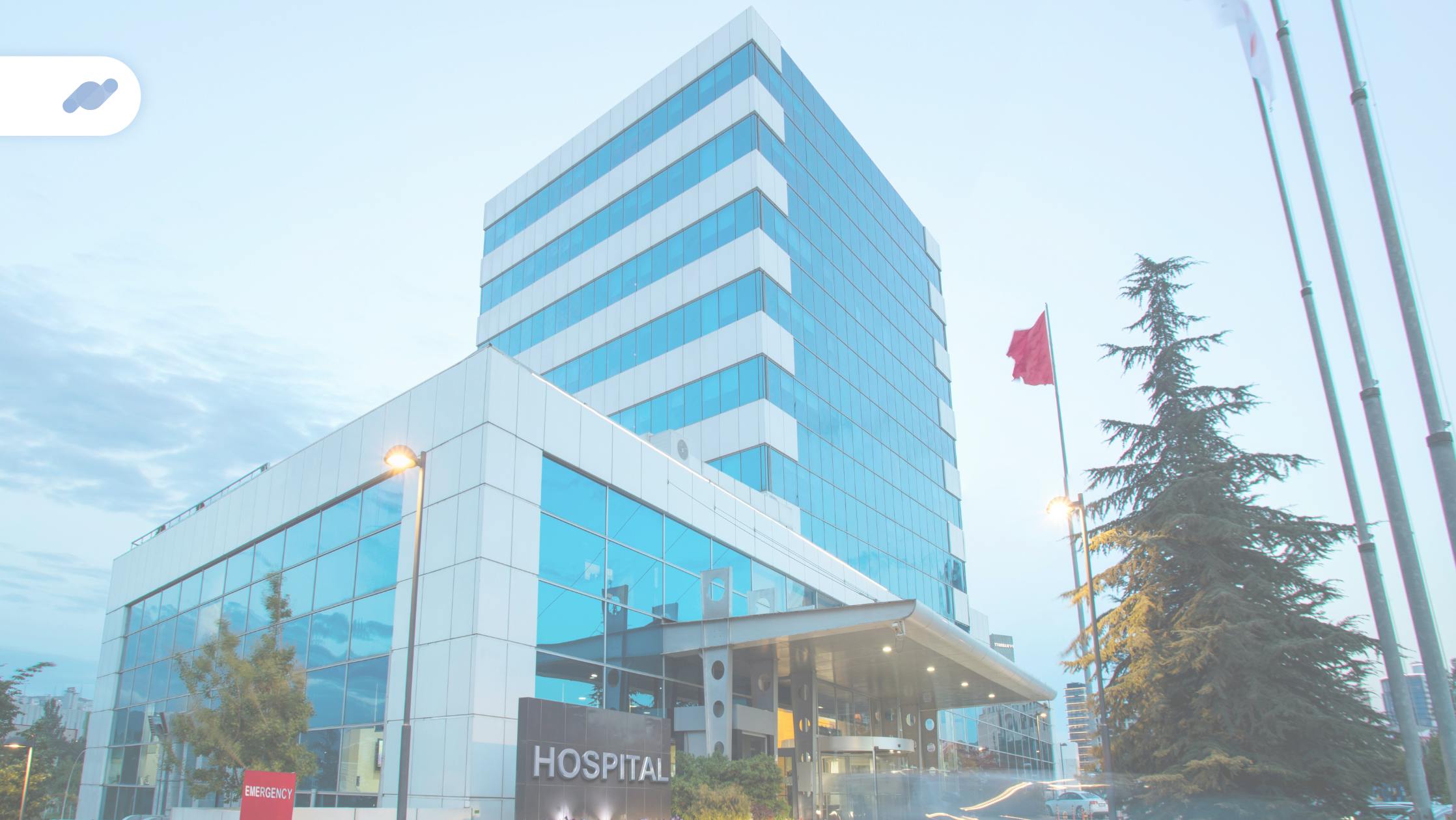
- Cloud
- Integrated Security Solutions
Healthcare physical security: The technology shaping our hospitals of tomorrow
Healthcare executives and security professionals have recently turned to cloud-based technologies as part of a broader digital transformation strategy. This shift is changing the landscape of hospital security and setting the stage for the future of healthcare facility safety. What lies ahead? This article explores the recent cutting-edge trends shaping tomorrow’s hospital security, offering a glimpse into the next generation of physical security infrastructure.
Smart surveillance technology: AI-driven precision
High-definition cameras powered by AI are set to revolutionize hospital surveillance. These advanced cameras do more than merely capture footage—they analyze it. By detecting suspicious behaviors and identifying potential safety issues, AI-driven cameras will greatly enhance the effectiveness of hospital security. Imagine this: AI algorithms spotting loitering in restricted areas or detecting unusual movements that signal a threat. Through a unified network, these intelligent cameras will allow security teams to monitor multiple locations from a centralized control room. This technology will eliminate delays in responding to incidents, ensuring real-time alerts for everything from occupancy management to mask compliance.
Advanced access control systems: The end of traditional keys
Traditional keys and swipe cards are on their way out, especially in hospitals. In their place, biometric authentication systems—using fingerprint scanners, facial recognition, and iris scanning—will become the norm. These sophisticated yet user-friendly access control systems will integrate seamlessly with AI-driven software, alerting security personnel to any unauthorized access attempts in real time. The result? Sensitive areas will be more secure, patient data will be better protected, and the hassle of managing physical keycards will be a thing of the past.
Secure patient identification systems: Protecting what matters most
In the near future, hospitals will adopt secure patient identification systems designed to prevent unauthorized access to patient information. These systems will create tamper-proof digital identities using biometric data and blockchain technology. Patients will verify their identities quickly and securely, reducing identity theft risk and ensuring that only authorized personnel can access medical records. These systems will play a pivotal role in safeguarding patient information by addressing the critical challenge of unauthorized data access.
Integrated emergency response systems: Swift, coordinated action
In emergencies, every second counts. Future hospitals will feature integrated emergency response systems that work in harmony with local law enforcement and emergency services. IoT devices will detect emergencies like fires, chemical spills, or security breaches, automatically triggering lockdowns, alarms, and notifications to relevant authorities. This seamless communication between devices will ensure a swift and efficient response, minimizing potential harm and allowing healthcare professionals to focus on patient care.
Cyber-physical security integration
As hospitals continue to digitize, the integration of cyber and physical security becomes increasingly essential. Unified security platforms will bridge the gap between digital and physical security measures. Advanced encryption, continuous network monitoring, and AI-driven threat detection will combine with physical security tools to create a comprehensive security ecosystem. This unified approach will address the vulnerabilities left by fragmented systems, offering robust protection against both cyberattacks and physical intrusions. See how evalink is doing it here.
Sustainable security solutions
Sustainability is a growing concern in every industry, and healthcare is no exception. Hospitals will integrate sustainable security solutions, such as solar-powered security devices, energy-efficient surveillance cameras, and smart building technologies, in their integrated security platforms. These innovations will reduce security operations' environmental impact while lowering operational costs, contributing to a greener, more sustainable future for healthcare facilities.
The future of hospital security is digital
Healthcare facilities must continue prioritizing smart security solutions for patient care and operational efficiency to remain at the forefront of these issues. Digitization provides healthcare security leaders with an excellent opportunity to reimagine how they manage their physical security systems. Adopting a digital model improves operational efficiency, customer expectations, and time efficiency.
evalink is leading the digital transformation in the physical security industry by helping organizations integrate cloud computing and automation to address evolving healthcare security needs. Contact us today for a demo and security strategies.


